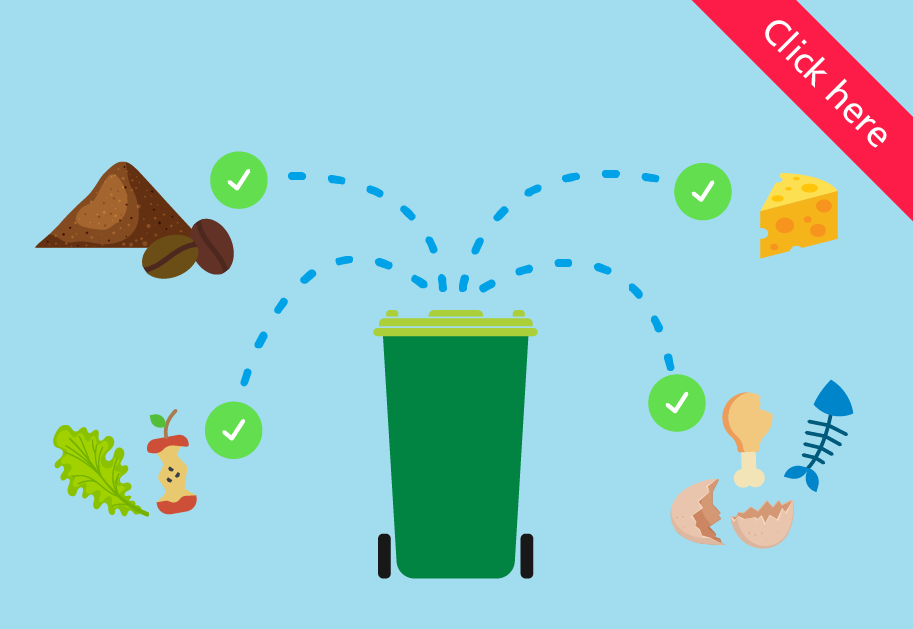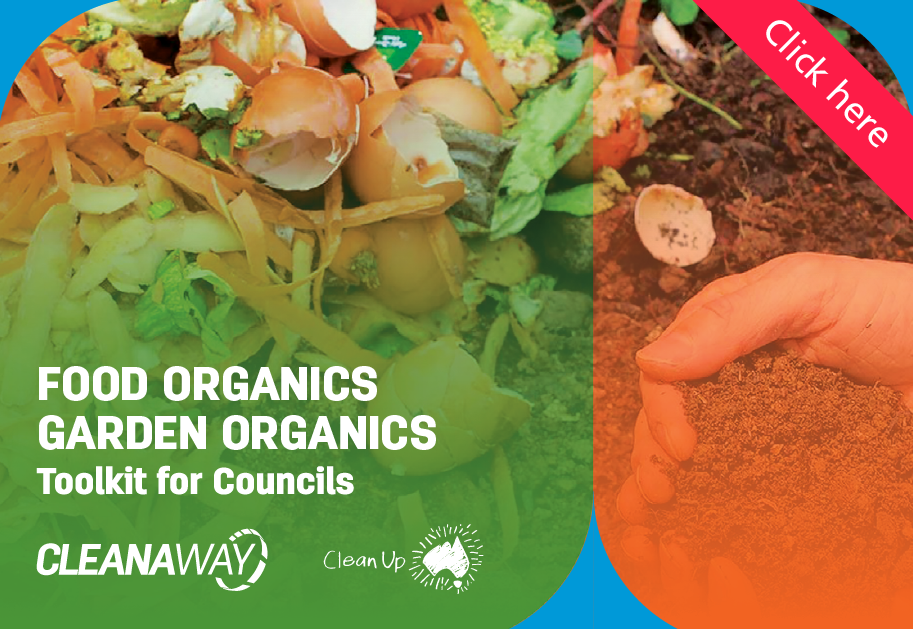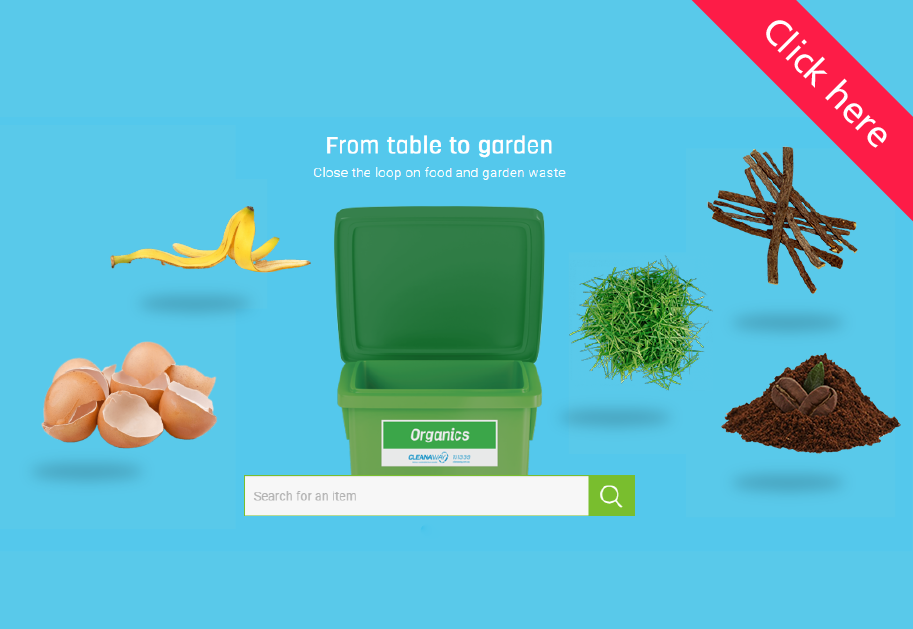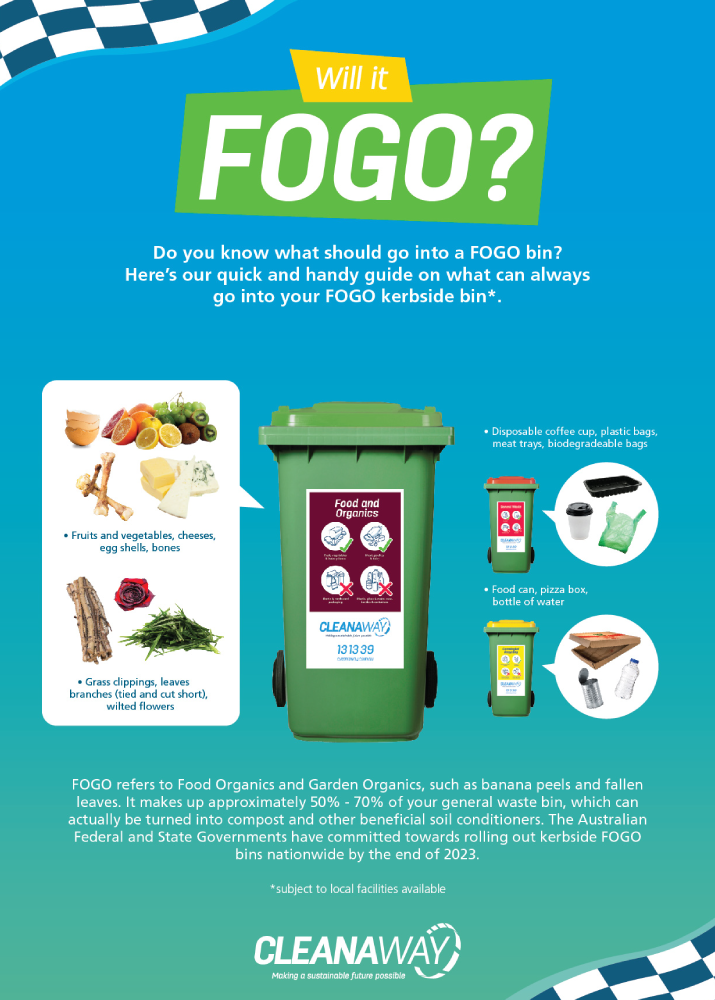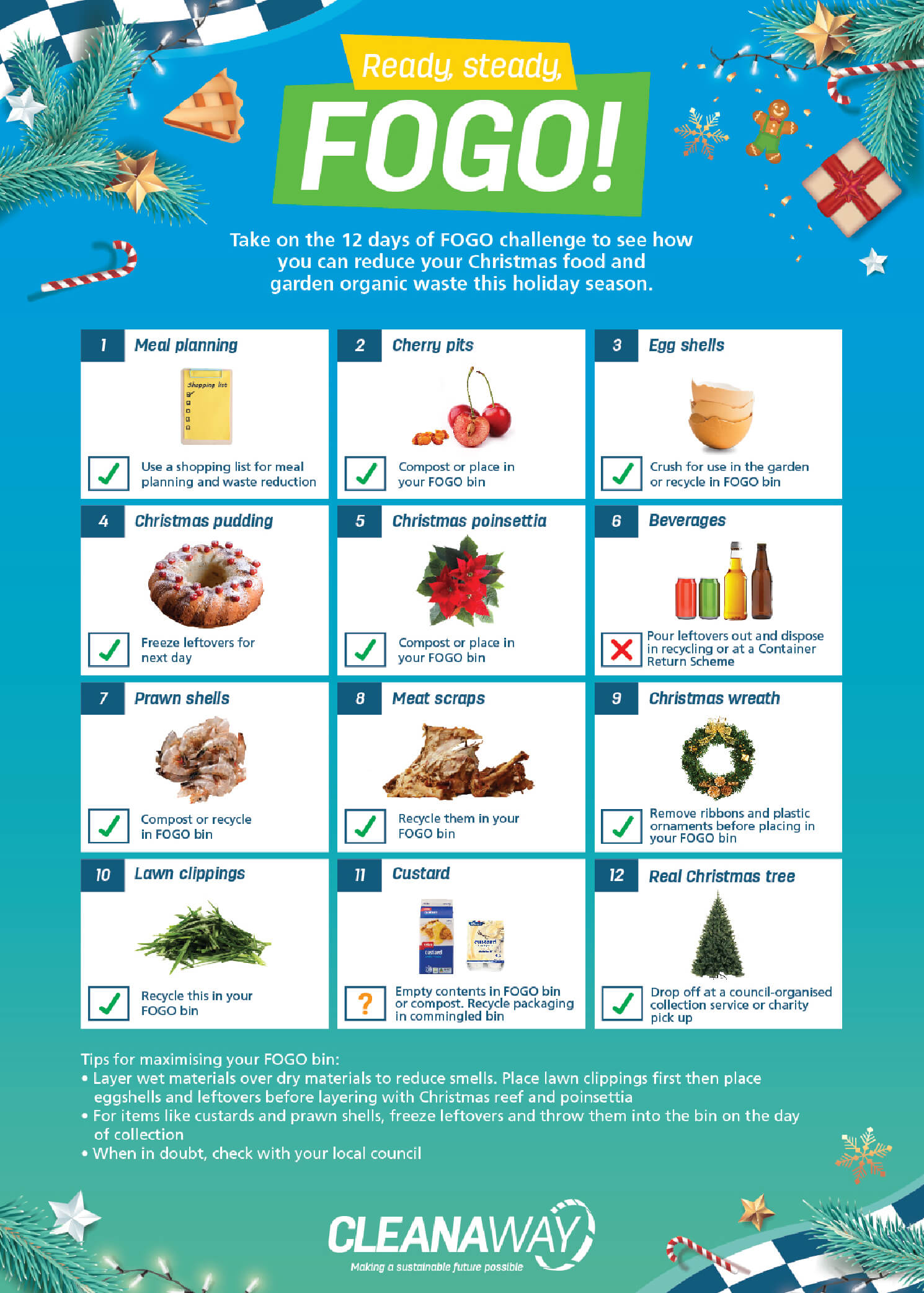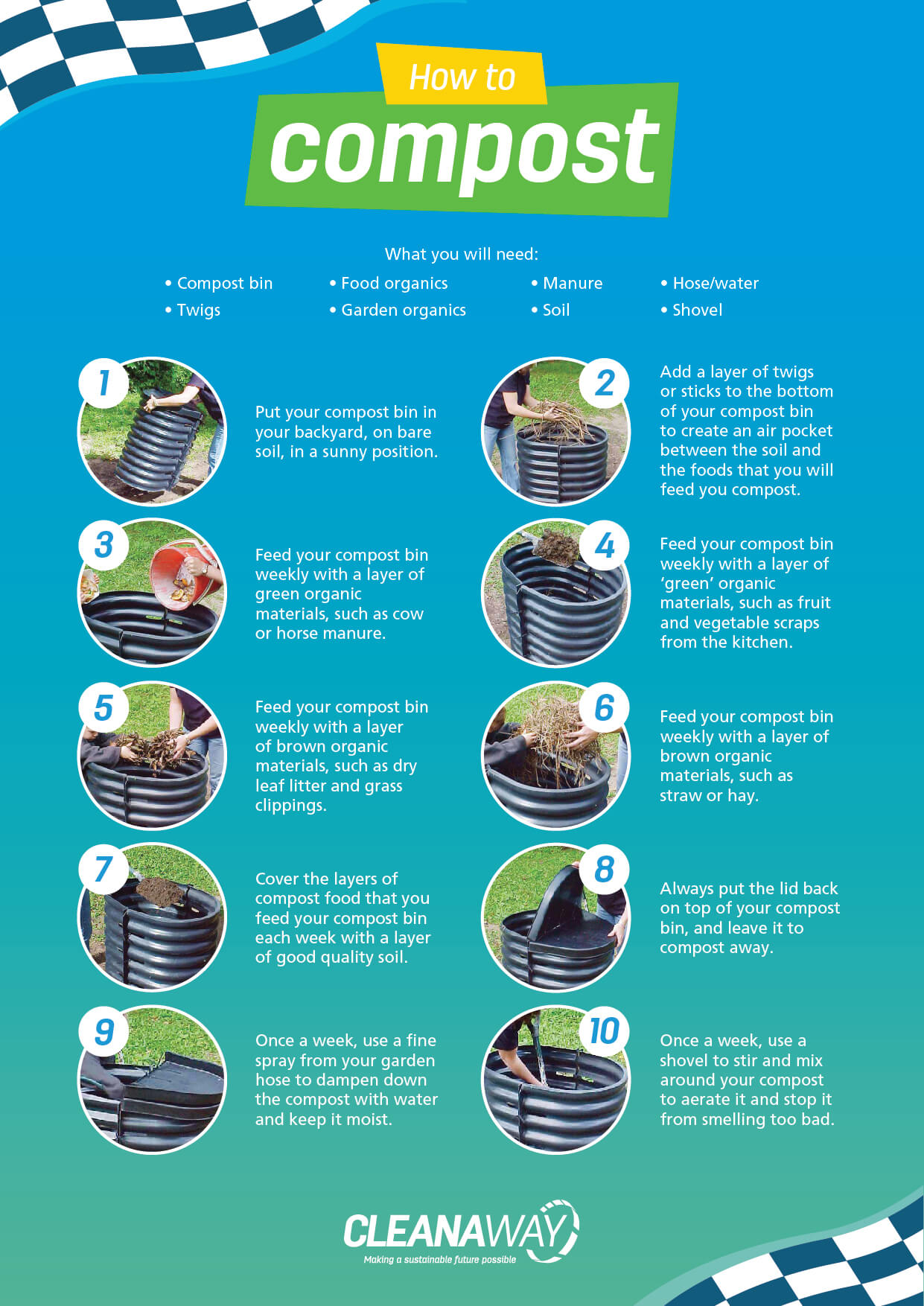No more food waste in the general waste bin
The Australian Federal and State Governments have targeted introducing a new kerbside recycling bin dedicated to collecting and recycling food and garden organic waste (FOGO) by 2030. Watch our videos below to learn more and get ready to FOGO!
Your one-stop FOGO resource
Is your household ready for FOGO? Visit Greenius, our e-learning platform to test your knowledge, customised to your state. Councils and LGAs can download our FOGO toolkit which contains all the basics about introducing or transitioning to a FOGO service, including service design, community engagement and resident education resources, as well as recommended timelines and learnings for a successful rollout. If you need advice on what goes in the bin and want to stay up to date on the latest recycling advice, check out our Recycling Hub.
Click on the images below to start your preparations.
Frequently asked questions
What is FOGO? Why is this important? Click on the answers below to find out.
What's FOGO?
FOGO stands for Food Organics and Garden Organics. It is a dedicated kerbside bin for recycling food and garden organics waste in one bin. Currently some councils offer a GO (Garden Organics) only service but will transition to a FOGO service by 2030 in line with the Australian Governments National Waste Policy Action Plan.
What can always go in the bin?
This depends on your council and the type of FOGO processing facilities available. However, most FOGO services will accept:
Food waste:
- Vegetable cuttings and fruit peels
- Leftover and stale breads and buns
- Expired fruits
- Food scraps and leftovers
- Meat, bones and egg shells
Garden waste:
- Tree branches (break them into smaller pieces first)
- Grass and flower clippings
- Weeds
- Dead flowers
- Leaves
What should never go into the bin?
Any form of packaging, especially plastic packaging. However, biodegrable bags may be accepted in certain locations as it is dependent on local composting and organic waste processing facilities.
Some councils may accept food soiled paper and cardboard, however, always check with your local council before placing them in the bin.
Can I put packaged bread in the bin?
No, always remove your food items from its packaging before placing them in the bin.
What about pizza boxes?
Check with your local council before placing them in the bin. If cardboard is accepted, tear off the food stained part and place it in the FOGO bin, before placing the clean cardboard side in your recycling bin.
How do I stop my FOGO bin from smelling?
Follow these tips to minimise the risk of your bin smelling between bin days:
- Keep your bins in the shade out of direct sunlight wherever possible
- Layer dry garden waste such as grass clippings and leaves over wet food materials
- Freeze fish and meat waste and put it in your FOGO bin on the morning of bin day
What can I do if I don’t have a FOGO bin?
Until you receive a FOGO bin, composting your food waste and keeping a worm farm are excellent ways to keep organic waste out of landfill and create nutrient-rich compost and worm tailings for your garden or pot plants.
You can also check out ShareWaste - it’s a free app that connects people who wish to recycle their kitchen scraps with neighbours who are already composting, worm-farming or keeping chickens.
What happens to my waste from my FOGO bin?
Councils will have different FOGO providers who process waste in different ways. Generally your waste will be taken to a facility to be sorted and contaminants removed. From there it will be taken to another facility for processing.
There are three general treatment options for organic waste which include combustion, composting and anaerobic digestion. Typically, FOGO waste will go through a composting process or anaerobic digestion.
How is the FOGO bin different from the green bin?
Green bins usually collect only organic garden waste such as wood trimmings and grass clippings. A FOGO bin will collect all your organic waste, including food waste such as meat and fish scraps, dairy products, fruits and vegetable cut offs, which often makes up the larger composition of your general waste bin.
Ready, set, FOGO!
Ready to FOGO but don't know where to start? Download these resources to begin your FOGO journey.
